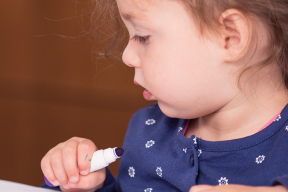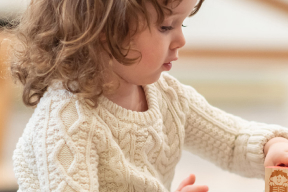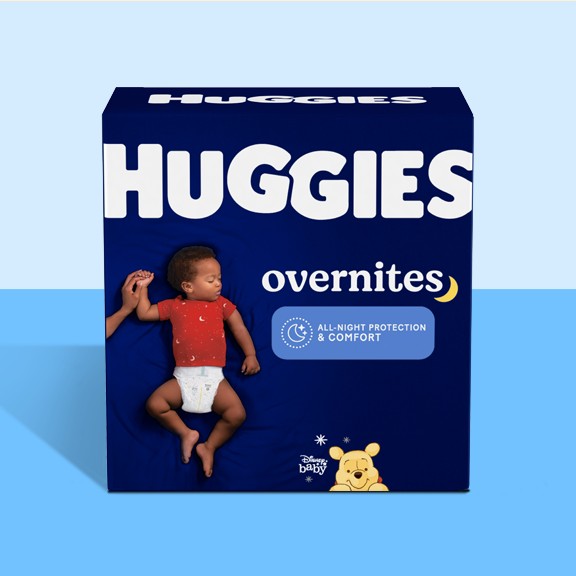Growth and development at 30 months old
Your toddler can name objects more accurately, can copy what you are doing in the house, and ask for their turn when someone is doing something of interest to them. They still won’t be good at sharing and won’t be able to show much empathy when someone else is hurt. They may mimic what they’ve seen you do when they are hurt, however. You’re likely to find them in your closet at least once a day. Watch them as they dress up and involve a whole world of fantasy and make believe in their play.
Play and interaction at 30 months old
Your toddler will also be able to tell you what they are planning to do and ask you (repeatedly) to watch them. They will thrive on your attention and actively seek your approval. Children of this age need to feel their parents’ delight in them. Without this as a basis for their ego development they can miss out on important emotional stability. That doesn’t mean you need to constantly be telling them how wonderful they are. Genuine praise and affection from parents and other caregivers is essential through these early years.
What you can expect at 30 months old
Tantrums are common at this age; their brains are still hard-wired to revert to their primitive state. This means that they can quickly escalate to feelings of anger, despair, and frustration. The wait for these emotional storms to pass can seem like an eternity. It usually pays to stay calm. Ask for support where you need it and don’t become too swept up in your toddler’s emotions. They will look to you for reassurance and stability when their own little world is falling apart.
There are likely to be times when you need to take a long, deep breath and have a few minutes' break from them. Keep a list of names and phone numbers handy so you can talk with another understanding adult.
Food and nutrition at 30 months old
Keeping your toddler healthy at 30 months old
General tips
- Get your toddler a tricycle so that they can pedal independently. Mastery and skill development is built through exposure, so consider if the toys you have provided for your toddler are appropriate for their age group.
- If money is tight, search secondhand stores, websites, and garage sales for used goods. Think about a swap arrangement with friends who have toys that their children have outgrown. Kids get bored with the same toys and the novelty of something new can occupy them for hours.
- Encourage your partner to play and interact with your toddler. Children learn differently from how different parents communicate with them.
- Make sure your toddler is in the right car seat for their age and weight. Make sure to check your state’s specific car seat laws.
The information of this article has been reviewed by nursing experts of the Association of Women’s Health, Obstetric, & Neonatal Nurses (AWHONN). The content should not substitute medical advice from your personal healthcare provider. Please consult your healthcare provider for recommendations/diagnosis or treatment. For more advice from AWHONN nurses, visit Healthy Mom&Baby at health4mom.org.










